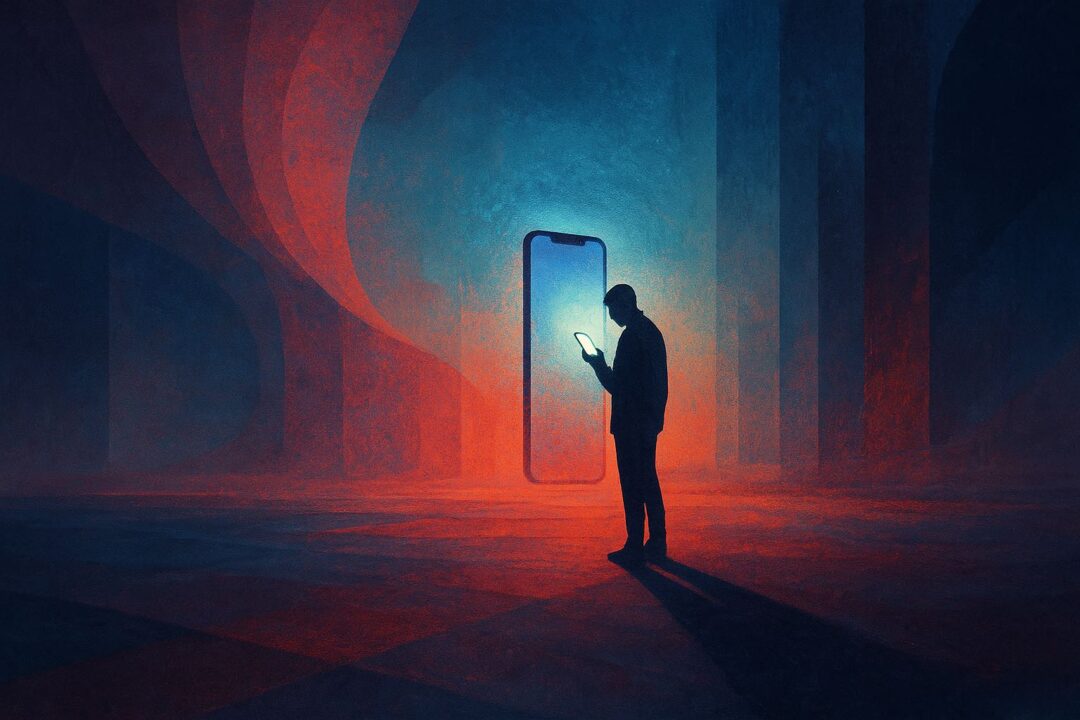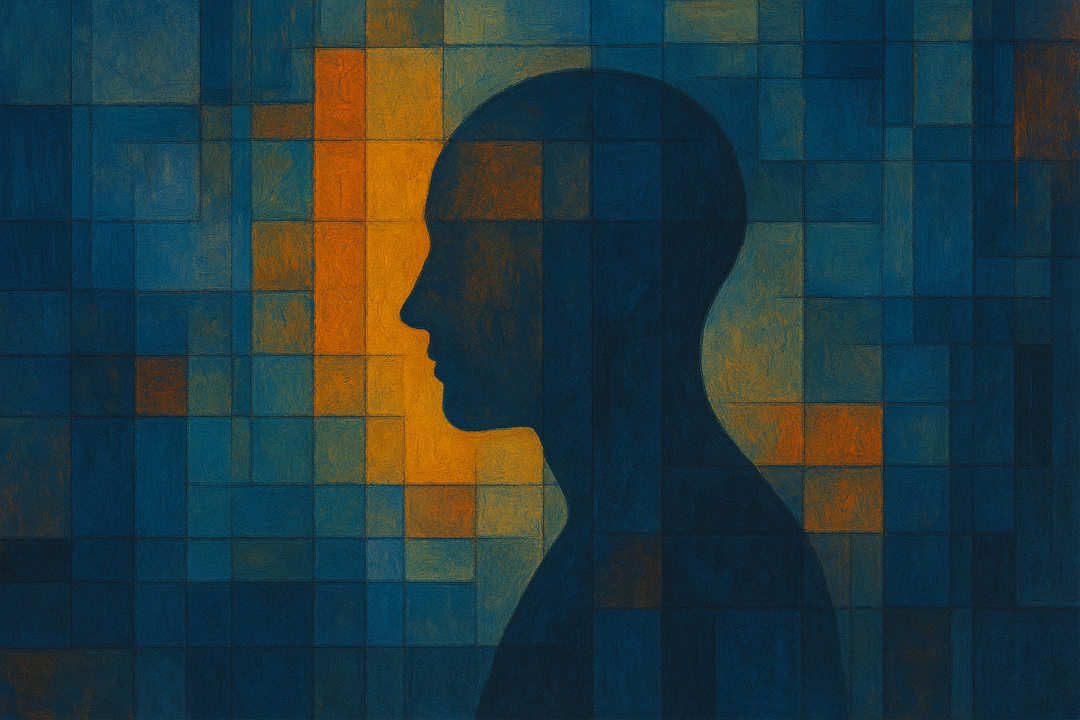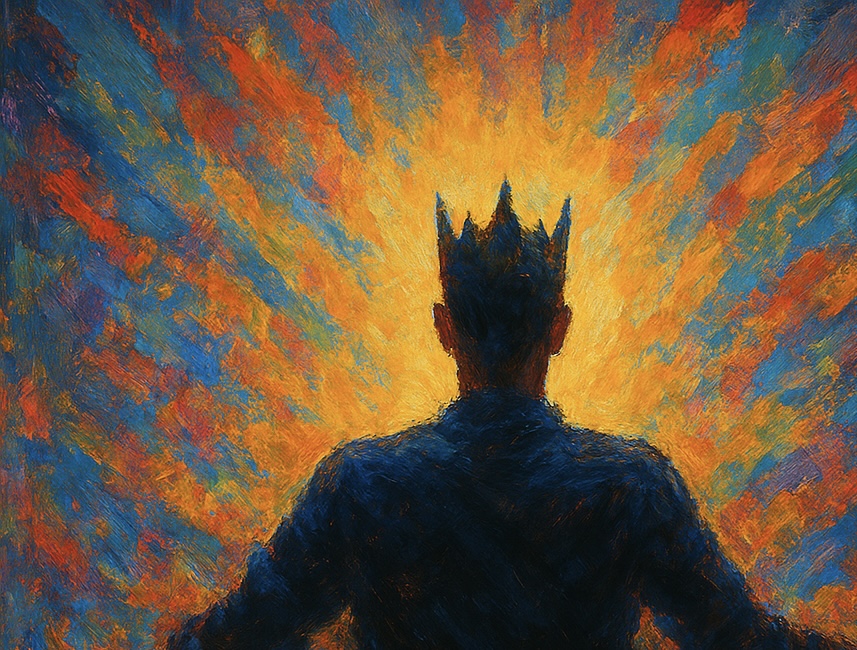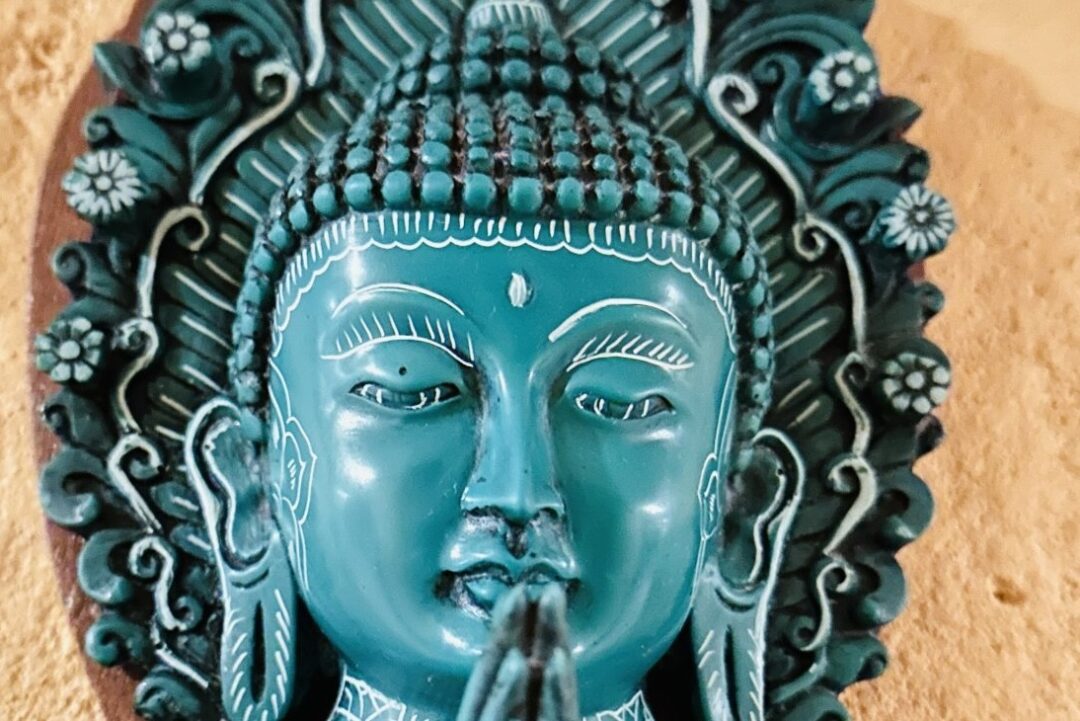There was a time — not so long ago in the grand scale of things — when human beings were truly alive. Not just biologically functioning, but deeply, soulfully, intimately alive.
A hundred thousand years ago, we were immersed in a world we understood. Not through textbooks, degrees, or digital feeds — but through presence. We lived with nature, within it. We studied animals by watching them for hours, days, seasons. We learned plants by touching, tasting, listening. We observed the skies without charts and found meaning in the wind. We knew our bodies, our minds, our emotions. We knew the sacredness of death. We knew how to heal. How to sit in silence. How to belong.
We were philosophers without institutions, scientists without labs, psychologists without theories. And we were human in a way we can hardly comprehend now — raw, aware, awake. We lived in the fullness of being, not in the shadow of distraction.
The Rise of Systems, The Fall of Self
But then — something happened.
We built walls. We made clocks. We created systems, currencies, hierarchies. We created schooling. We began to categorize life into subjects and age brackets. At five, you learn this. At six, you learn that. At eighteen, you choose a “path.” At twenty-two, you become a “professional.” And somewhere in between, you forget who you are. You forget how to sit still. You forget how to feel.
Information Everywhere, Understanding Nowhere
Today, we have more information than any generation before us — and less understanding than ever. We study everything for a moment, then discard it for the next shiny thing. We become “experts” in finance, law, data science — but we don’t know the first thing about the land we live on, the food we eat, or the minds we inhabit. We can code a machine to mimic human emotion but can’t process our own heartbreak.
We are becoming anti-human — by design.
Intelligence Was Never Just Data
What passes for intelligence today is a grotesque parody of what we once held. True intelligence isn’t just logic or knowledge — it’s intuition, connection, memory, presence. It’s what happens when you’ve tracked an animal for three days and can feel its heartbeat in the soil. It’s what happens when you listen to someone cry and feel the grief rise in your own chest. It’s what happens when you sit by a tree long enough to forget what “tree” even means, and simply know it.
This kind of intelligence has been degraded, dismissed, and replaced with artificial metrics of worth. We reward output over wisdom. Speed over depth. Knowing about things over truly knowing anything.
From Human to Hollow
Our ancestors would look at us — staring into screens, disconnected from our bodies, confused by our feelings, lost without GPS — and they wouldn’t recognize us as human. And they’d be right. We are becoming infants again. Not in the beautiful, open way that children are — but in the helpless, blind, easily-controlled way.
We are raising generations who can’t name five plants in their neighborhood but can list every social media platform. Who have never watched the moon wax and wane but can tell you their screen time average. Who have a million surface-level facts and no soul-level wisdom.
This is not progress. This is collapse.
The Spark That Still Remains
But maybe — just maybe — the fact that we can feel this loss means there’s still a spark. A memory in our bones. A whisper from our ancestors.
We don’t need to go back to the Stone Age. But we do need to remember what made us human in the first place.
The depth.
The stillness.
The knowing.
The being.
Until then, we are not evolving.
We are vanishing.
Discover more from Brin Wilson...
Subscribe to get the latest posts sent to your email.



